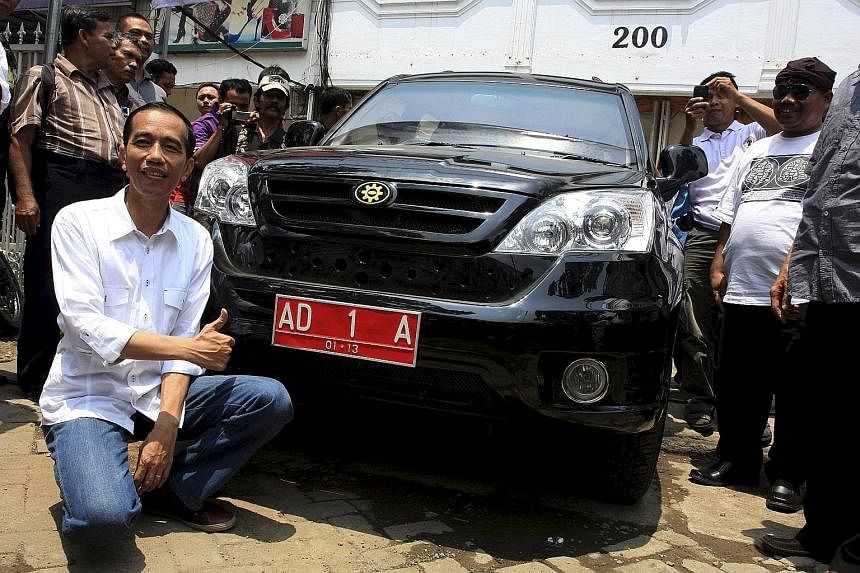PALEMBANG (Indonesia) - Members of Indonesia's second-largest Islamic group have drawn up plans to launch a "people's power" movement. At the top of their list: build a national car.
If realised, the Muhammadiyah group's ambition would revive a project launched by former president Suharto's son, Tommy, in 1996, but which was halted during the Asian financial crisis just two years later.
For now though, its plans for the car are sketchy.
A century-old Islamic group in the country with the largest number of Muslims in the world, Muhammadiyah is known mainly for its ubiquitous schools and hospitals. But it has ambitions to break into the tourism, food and fishing sectors.
Its push to become a force in the economic and corporate spheres has been spurred by the success of its so-called "constitutional jihad", which has dealt legal blows to private participation in the energy and water sectors and now threatens to reverse the convertibility of the currency.
Three years ago, Muhammadiyah challenged parts of the oil and gas law, saying they violated a constitutional tenet that all land, water and natural resources must be controlled by the state.
Its victories in that case became the opening salvo in what became known as a "constitutional jihad". The group now has 115 laws in its sights, including legislation on foreign exchange, investment and the power sector. It also plans to challenge Indonesian President Joko Widodo's decision to scrap fuel subsidies, which is his boldest policy step so far.
A small group of mainly Muhammadiyah economics professors gathered this month for a three-day conference in the town of Palembang to draft an economic battle plan for the next five years. Once finalised, the blueprint will be submitted for approval at the group's national congress in August.
As for the national car, Muhammadiyah's vocational schools have already built several prototypes of a model called the Esemka, which was used by Mr Joko as his official vehicle when he was mayor of the city of Surakarta, or Solo.
One prototype can run on solar energy, said Professor Bambang Setiadji of Solo's Muhammadiyah University (UMS).
"To establish such an industry, it is not that difficult. UMS has given birth to many automotive industry engineers, whose quality competes with that of China's."
Muhammadiyah hopes to get Mr Joko's backing to start mass production of the Esemka this year, under a partnership between an Indonesian and a Chinese company that would aim to source up to 80 per cent of its components from Indonesia.
"We want our own companies and to make products for the middle and lower classes," said Dr Muhamad Nadratuzzaman Hosen of the group's economic council.
"The difference will be that our profits will not go to the rich overseas, but will remain at home and go to our people."
REUTERS

